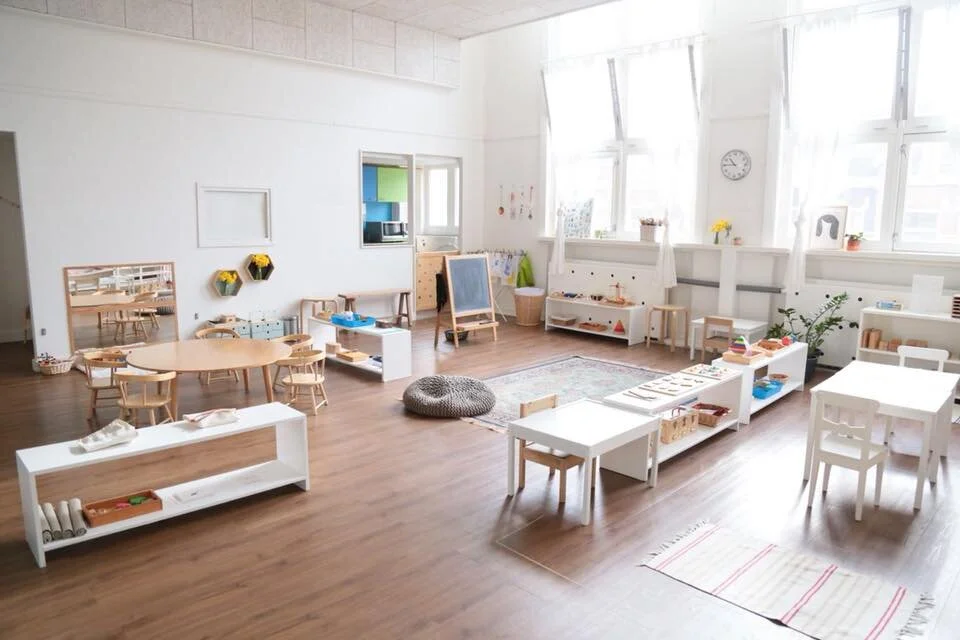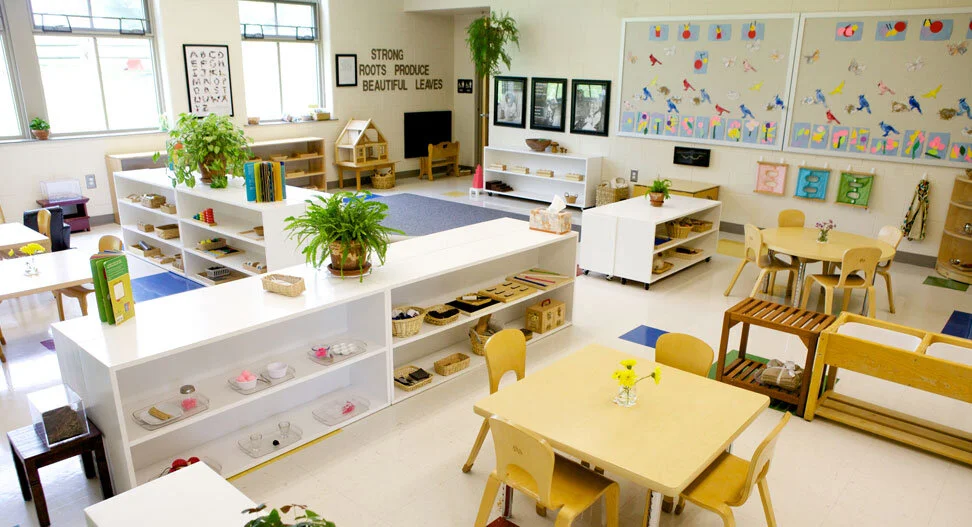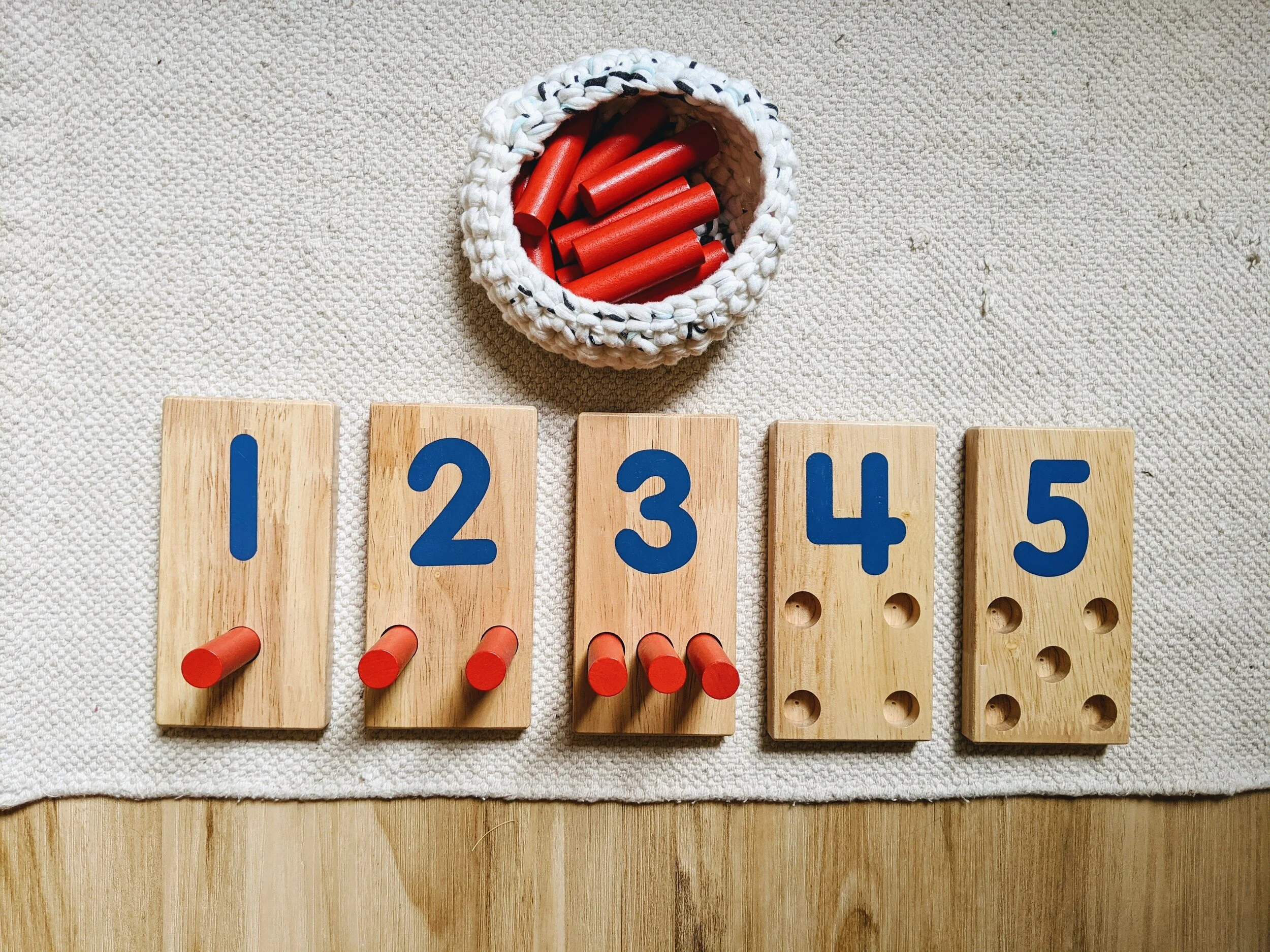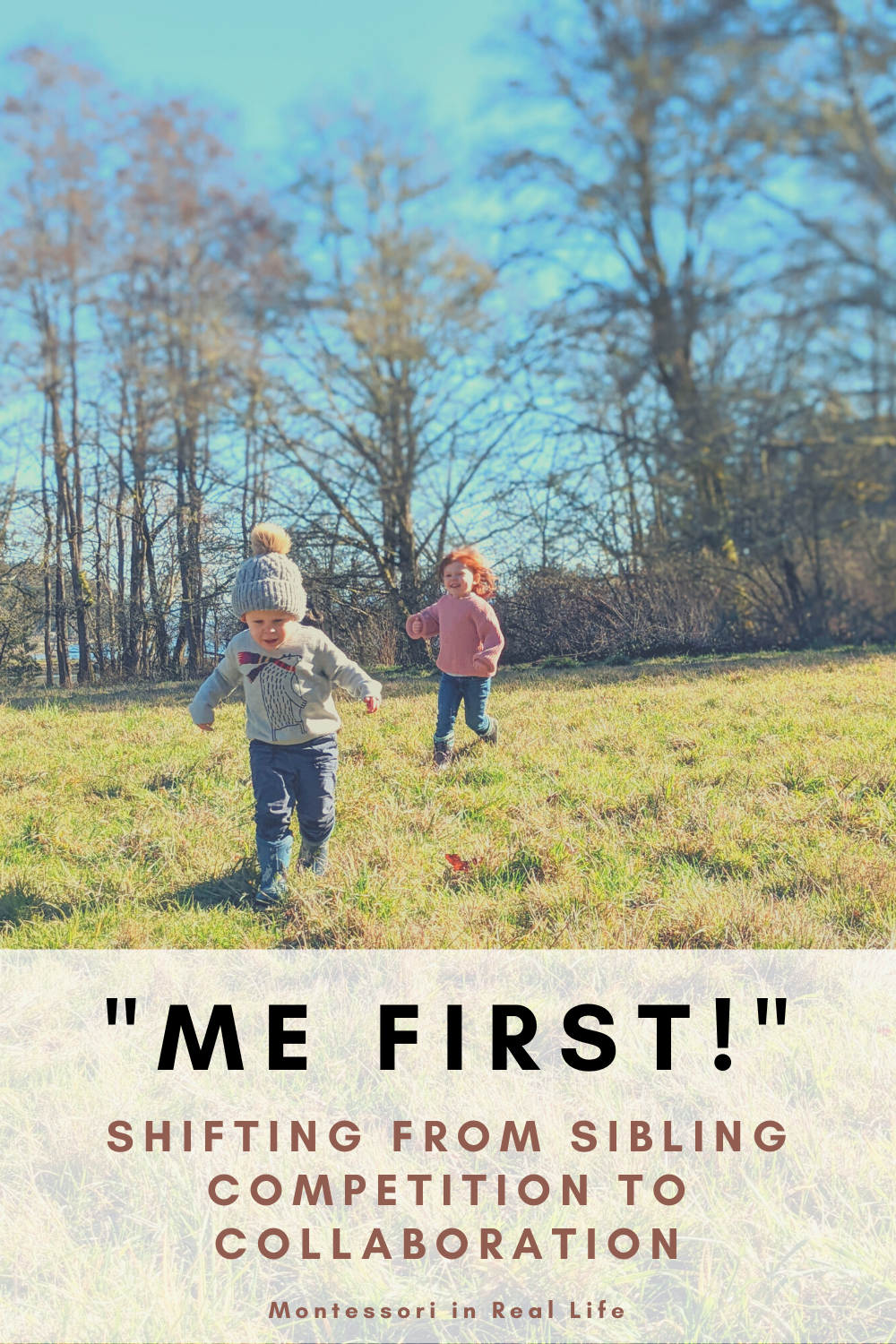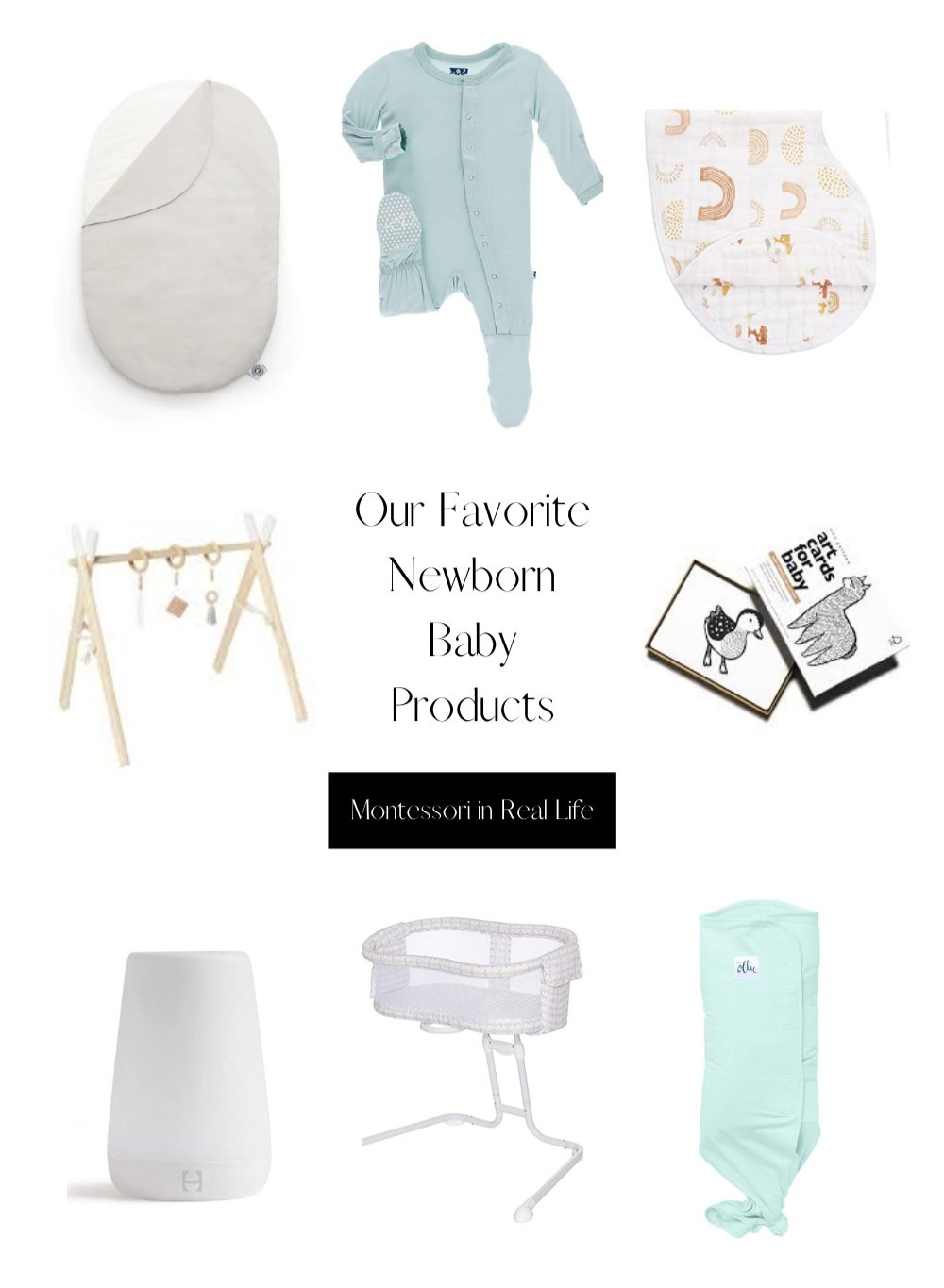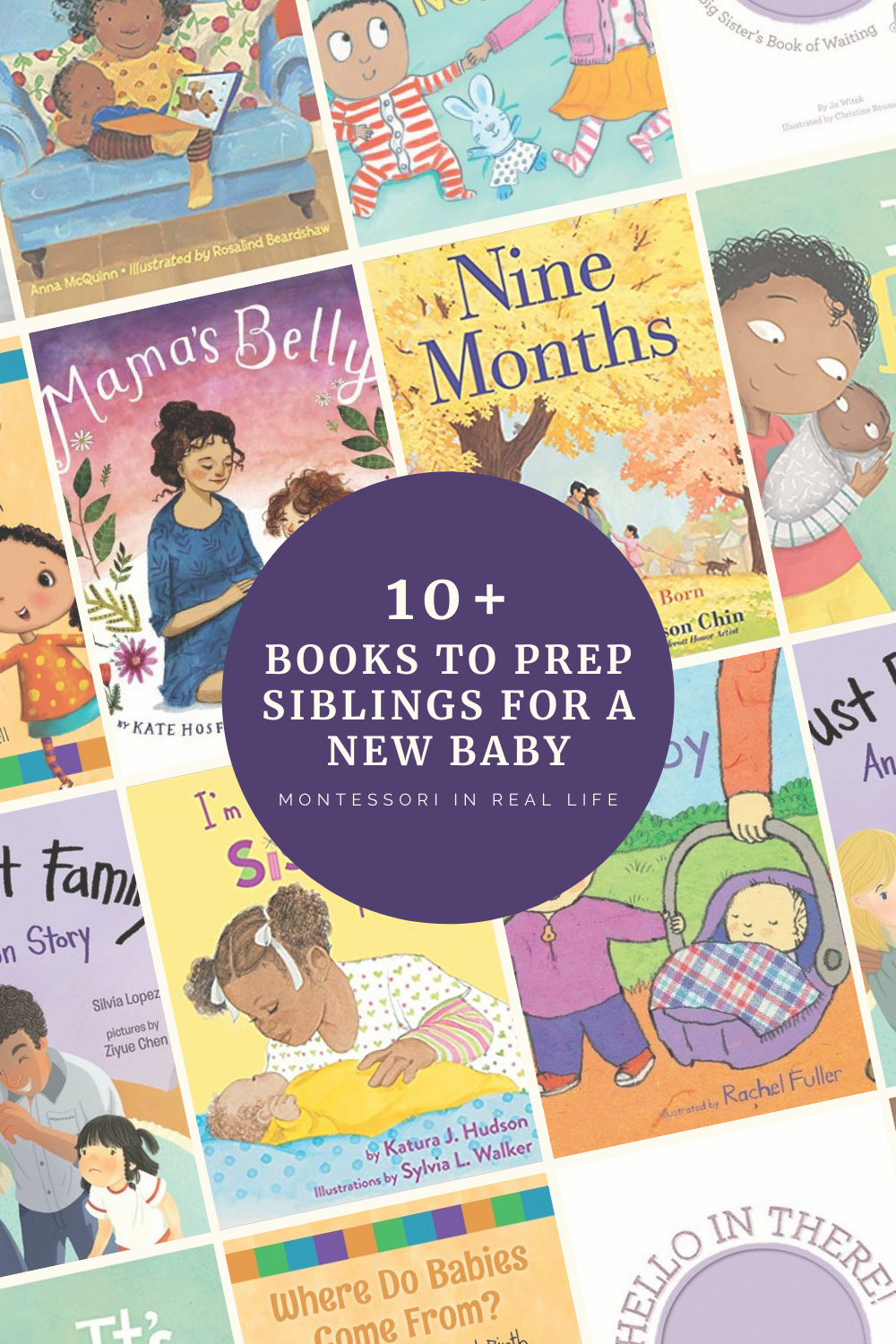Finding a Caregiver you Trust
Montessori in Real Life
The process of finding a nanny or babysitter can be stressful and intimidating. Entrusting someone else to care for our children can bring up anxious feelings. Yet caregivers are necessary and helpful for many families. As someone who had great trepidation over leaving each of our children with date night babysitters for the first time, I hope this post can answer some of your questions and relieve some of your anxiety so you can go into this with courage and confidence! I will be channeling this courage too as we navigate finding a date night sitter for the first time since before the pandemic began.
How do I find a nanny or babysitter?
Ask friends and family
Local Facebook parents group
Nanny Websites or Agencies
What qualifications do I look for?
This depends on the ages and needs of your child(ren) and family. If you are looking for a mother’s helper a few days a week, a neighborhood high school student may be a great fit. Once they have spent time with your family and learned about your children, you may feel comfortable leaving your children in their care for a date night. Providing these opportunities to teenagers can even help to inspire our next generation of teachers and caregivers!
If you need full-time care or are looking to homeschool, you might prefer someone with a master’s in education or Montessori training. Each family’s needs are slightly different. It’s worth it to take the time to think about the ideal situation for your family before reaching out to find care.
Note: If you are posting on the internet or talking to a nanny agency, you can be a bit more specific about the way you parent. Mentioning Montessori and respectful parenting can help you to find a caregiver who matches your needs.
Must haves:
Adult, infants, and child CPR/First Aid certification
Professional/Personal references (call them)
A background check (if you are hiring someone from the internet)
Clean driving record (if they will be driving your children)
What questions do I ask them?
Ideally these questions are asked in person during an interview. I recommend inviting your potential nanny or babysitter over when your child(ren) are around so you can see how they interact with your child with you present. These are just a few sample questions. These will also depend on the type of care you are seeking.
“Why did you start nannying/babysitting?”
I like to hear that they enjoy playing with my kids, helping them to learn and grow and that they enjoy being in a home setting because it helps my children to feel more comfortable.
“What ages of children have you worked with?”
Though a nanny or babysitter could have years of experience, I like to know they have experience caring for children roughly the same age as mine. When I check references, I want to be sure to talk to a former employer of theirs who has/had children of similar ages if possible.
“What do you enjoy about working with children?”
I like to look for an answer that shows me that this person cares about my children’s happiness and is not here just because they think babies are cute.
“What is your preferred method for putting a child down for a nap?”
Most answers are okay, as I leave details about our own family’s routine. Having an answer to this question means that they have spent time learning and trying out different ways of helping kids to fall asleep. This shows me that they have taken the time to learn more and are observing children to learn what works well for them.
“Are you comfortable preparing meals?”
It’s okay with me if they are not, but it will indicate how much I need to prepare food ahead of time.
“What do you enjoy doing in your free time?”
I like to get a feel for this person’s personality and see if we have common interests. Getting to know them helps me to feel more comfortable when I leave my children in their care.
“What is your favorite activity to do with children?”
Having an answer shows me that they have spent enough time with children to have a favorite activity. It also gives me a sense of what they might spend time doing with my children. Lastly, it lets me know that they understand what kinds of activities are age-appropriate for my children.
How do I prepare my toddler?
I find this transition works best when it’s a slow start. Whether it’s grandparents or a date night babysitter, I like to first spend time all together so that my children see me interacting with the caregiver. This lets my children know I trust that person and they can too. Then, I invite the caregiver to watch the children while I’m around but not invovled. Finally, I leave, but for a shorter time. Next, a longer time. This has allowed them to warm up in a gradual way.
Another important piece is preparing the kids the day of each event, so they know what is coming. I’ve found that children feel more comfortable when they know that I will be leaving a few hours before I actually go. So we talked about what would happen and then continued with our day as we usually would.
How do I actually say goodbye?
When the time arrives for me to actually depart, I let the kids know that I am getting ready to go but do not say any goodbye until I am about to walk out the door. I know from working in a toddler classroom that drawn out and unpredictable goodbyes are extremely hard for toddlers. Leaving without saying goodbye can also be scary and confusing for them.
When I say goodbye, I give each child a quick hug and kiss goodbye and say "I love you so much. We will be back before bedtime." Being clear, confident, and calm as I say goodbye is so important. As is being honest about when I will return. Even though I might feel nervous, I know I have to exude confidence for the children to feel that too. There are typically some tears, but I trust any caregiver I leave them with to comfort them and help them through any hard feelings while we are gone. Often the tears end as soon as I am gone and everyone has a good time.





